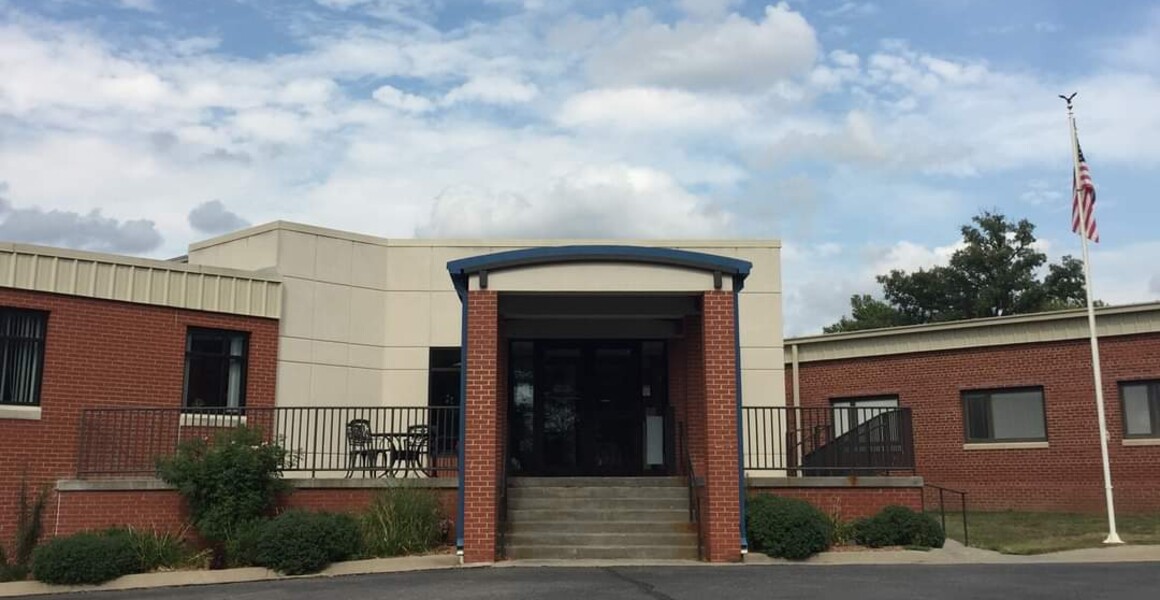Atrial Fibrillation
By Dr. Kent Niss
Atrial Fibrillation, commonly known as Afib, is a prevalent heart condition that affects approximately 12 million people in the USA. This condition can be either permanent or intermittent, with episodes that come and go. Afib occurs when the heart's rhythm is abnormal, and understanding its implications is essential.
Risk Factors:
- Age over 65
- Caucasian descent
- Family history of Afib
- High alcohol consumption
- Smoking
- Hyperthyroidism
- Obstructive sleep apnea
- Lung disorders
- Heart valve disorders
- Heart failure or history of heart attacks
- Diabetes
Understanding Afib: Afib is characterized by an irregular rhythm in the heart. The heart has four chambers: two atria (upper chambers) and two ventricles (lower chambers). These chambers work together in a coordinated manner to pump blood throughout the body, guided by electrical conduction pathways.
In a healthy heart, the electrical impulses originate from the sinoatrial (SA) node and travel through the atria to the atrioventricular (AV) node, which acts as a funnel before reaching the ventricles. In Afib, the electrical impulses come from multiple sources other than the SA node, causing the atria to fibrillate or quiver instead of contracting smoothly. Although the AV node typically manages these impulses, resulting in irregular but often normal contractions of the ventricles, the overall rhythm of the heart becomes erratic.
Consequences of Afib: Afib can lead to several serious complications, including:
- Stroke: Fibrillation in the atria can cause blood clots, particularly in the left atrium. These clots can be pumped out of the heart, potentially leading to a stroke. Smaller clots can cause gradual brain damage, leading to dementia.
- Congestive Heart Failure: The inefficient heart function during Afib can strain the heart, potentially resulting in heart failure.
- Heart Attack: Sometimes, the AV node fails to regulate the impulses effectively, causing the ventricles to contract too rapidly. This can strain the heart and increase the risk of a heart attack.
Treatment Options: Managing Afib involves several strategies:
- Rhythm Control: This approach aims to restore and maintain a normal heart rhythm. It often involves procedures like ablation, where an electrophysiologist or cardiologist uses mapping technology to identify and scar the problematic areas in the atria, which stops the abnormal electrical signals from occurring.
- Rate Control: Medications can help regulate the heart rate, preventing it from becoming too high and reducing stress on the heart. This is a mainstay of Afib management.
- Anticoagulation: Given the high risk of stroke associated with Afib, blood thinners are commonly prescribed to prevent clot formation.
Symptoms and Diagnosis: Common symptoms of Afib include palpitations, dizziness, chest pain, or trouble breathing, though some individuals may not experience noticeable symptoms. Afib is often detected during an EKG or a routine check-up when a healthcare provider listens to the heart.
If you or a loved one has been diagnosed with Afib, it is crucial to seek appropriate treatment. For any questions or concerns about Afib management, please consult with your primary care provider. The risks associated with Afib are significant and warrant careful attention and management.










